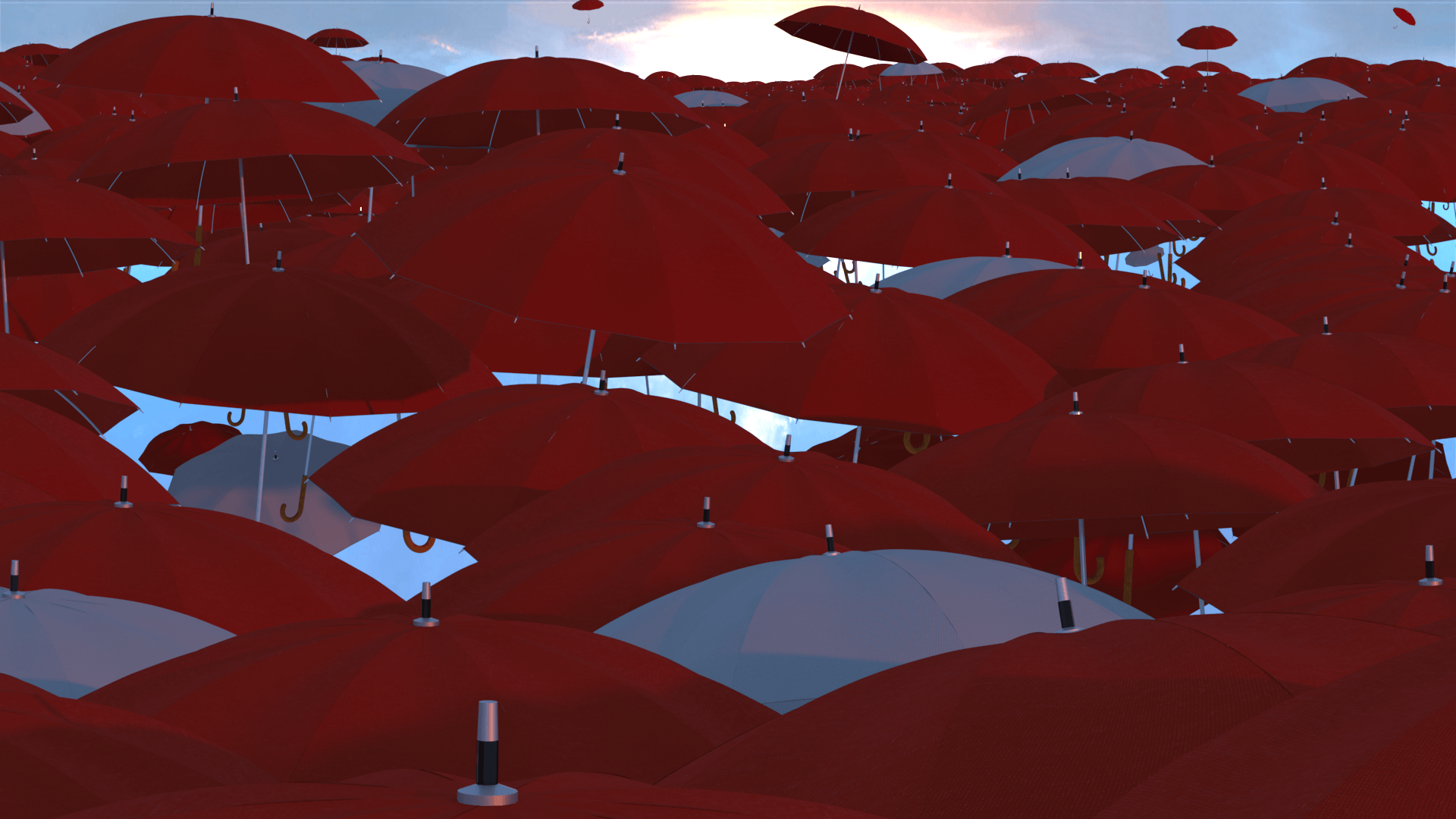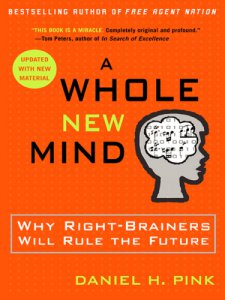
Everyone's obsession to be a creative now
I remember reading Danial Pink's book "A Whole New Mind". Pink foretold in 2006, the future belongs to a different kind of person with a different kind of mind: artists, inventors, storytellers-creative, and holistic "right-brain" thinkers whose "brains" gives them an edge in who gets ahead and who doesn't.
Pink anticipated that everyone would stop being accountants and Masters of Fine Art would replace MBA's. In 2017 it doesn't look like he was far off. Creative thinking isn't a widget commodity that can be outsourced or automated—not yet. Currently, analytic knowledge professions are getting closer to IBM or Amazon doing taxes and diagnosing illness via AI.
Growing up, few people of my generation thought to be creative and the generation before me less so. The idea of being creative wasn't a path to wealth and comfort. It certainly wasn't monetized like contemporary art is today or how design thinking is part of most companies "Why" promise.
According to C+R Research on TEEN DREAMS VS. WORKFORCE REALITIES survey showed creative class ambitions were 20% vs the 2% reality.
"Getting paid to do what you love--isn't that everyone's dream?
Unfortunately, only 2 percent of jobs in the current workforce fall under this category, which means at some point, most adults have to decide to earn a living doing something more readily available and realistic."
Itai Palti wrote about how "creativity will be the source of our next industrial revolution, not machines" so again this theme of everyone moving towards being creative is becoming top of mind.
"Ideas are commodities. Execution is not." Michael Dell
Obviously, we're ways off from everyone working in the creative field and the masses stepping up on execution but clearly, it's everyone's ambition. The future of everyone being creative will be a very interesting world and with everyone knowing all the methods of producing and executing ideas I think it will very hyper disruptive society which may or may not be a good thing.
Maybe it was better when only a few thought differently.
Published by: Michael Redding in Creative, Design Thinking
